Make morning mirror sessions a breeze with these choice beauty tips.
If you’ve been taking care of your skin through your 30s and 40s, chances are you won’t need to kickstart an unnecessarily complicated regime in your 50s. However, a few tweaks here and there will give you a smoother more glowing look.
'Around menopause, the skin often gets a little drier and easier to irritate, so it may be necessary to use slightly more hydrating skincare products,' says Dr Stefani Williams, a UK dermatologist. 'However, the exception is if rosacea is present, in which case you have to be careful with skincare that is too rich,' she warns.
‘Remember, your skin is a living organ that changes over time,’ says Dr Jessica Wu, a Los Angeles dermatologist and author of Feed Your Face. ‘Adjusting your skin care to accommodate these changes will help your skin stay healthy and looking its best.’

Switch to a gentler cleanser
– and definitely steer clear of soap, which can be too harsh and drying for mature skin. You should also beware of facial scrubs with harsh particles as they can tear or irritate the dermis. Rather choose a creamy cleanser with vitamin C, or a low-concentration alpha hydroxy acid (AHA).
Another habit you should get into is exfoliating,
– particularly if your skin is dull and grey-looking. ‘Exfoliating and cleansing the skin is key, as it rids the complexion of dead, skin-dulling cells,’ says French dermatologist Dr Jules Nabet. ‘Look for products containing glycolic acid to encourage cell renewal while unclogging pores, leading to bright, clear skin.’
And now is the time to make firm friends with serums.
These are super-concentrated treatments designed to deliver specific problem-solving ingredients deeper into the skin. Hyaluronic acid serums are great for hydration, while those containing vitamin C or antioxidants help with brightness. Retinol serums smooth out fine lines by stimulating cell turnover and boosting your skin’s ability to produce more collagen (the structural protein that makes up skin). Serums boasting peptides and niacinamide are said to target firmness. Apply your chosen serums to damp skin before moisturising – just a drop or two will cover your whole face.
Upgrade your moisturiser
Think about switching to a richer moisturiser that will help trap water against the skin, pumping up those wrinkles. It should ideally contain hyaluronic acid or glycerin to further nourish and protect your skin. Remember to apply to your neck too!
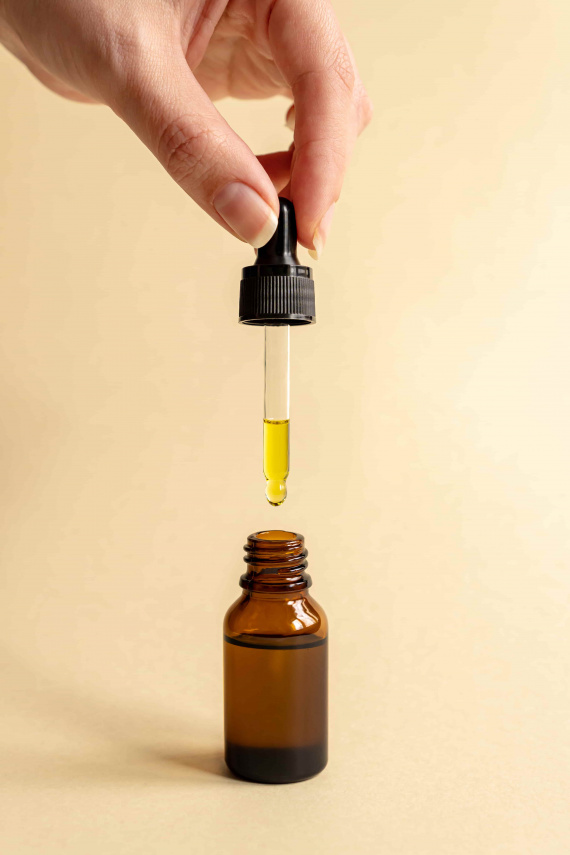
S...P...F, ladies
Lastly, even though skin cancer and wrinkling are caused by the amount of sun you got in your 20s, 30s, and 40s, you still need to protect your skin in your 50’s and beyond. ‘Switch to a more moisturising sunscreen cream, and avoid alcohol-containing sprays and gels that can dry out your skin,’ says Dr Wu. If you’ve spent time in the sun without sun protection, you’ll probably notice age spots and larger areas of darker skin on your face, hands, neck, arms, or chest. Keep this in check by choosing a sunscreen with at least 30 SPF that blocks both UVA and UVB rays. And apply it daily – even when it's cloudy.
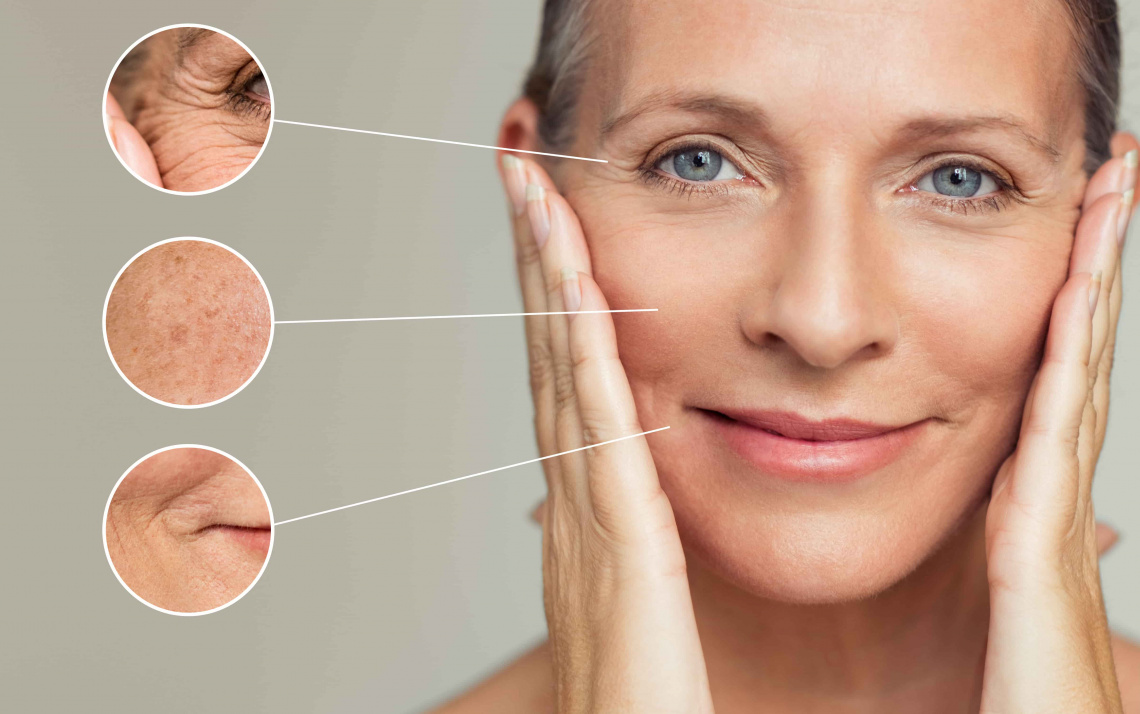
7 signs of ageing skin
1. Fine lines and wrinkles occur when the elastin and collagen fibres weaken.
2. Dulled complexion is due to depleted moisture levels in the top layer of the skin,
3. Uneven skin tone can be caused by hormonal changes.
4. Dry, dehydrated skin that loses its ability to retain moisture.
5. Blotchiness and age spots can be seen on thinning skin.
6. Rough skin texture due to the layers of dead cells and the cell turnover slowing.
7. Enlarged pores due to loss of skin elasticity.

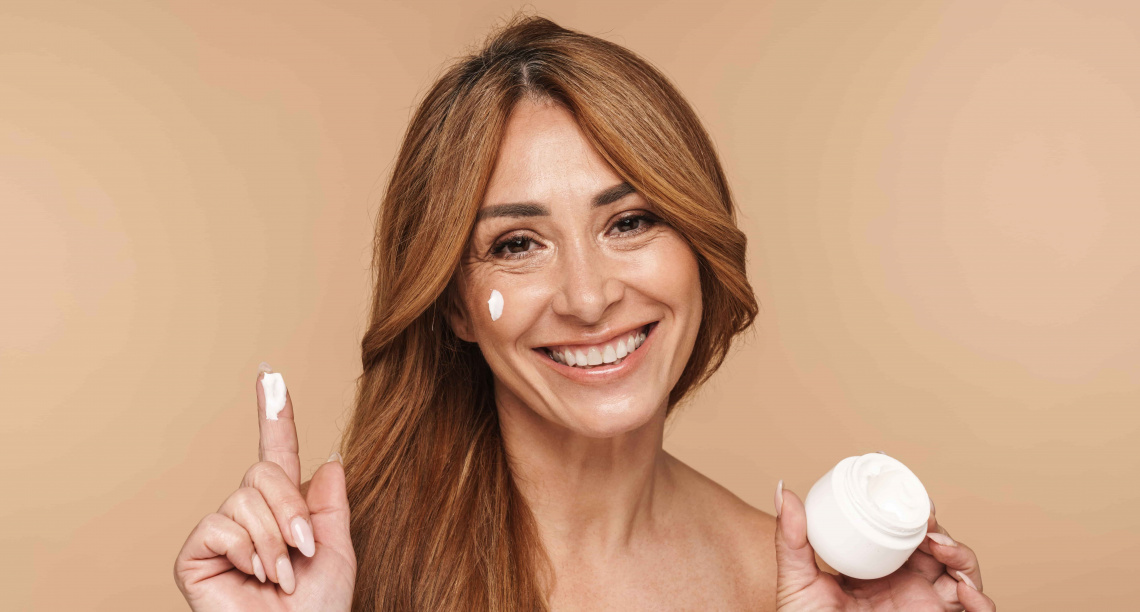


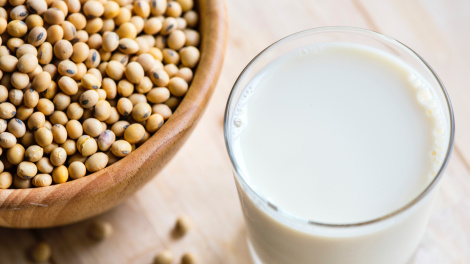

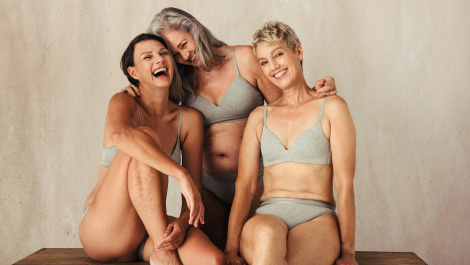
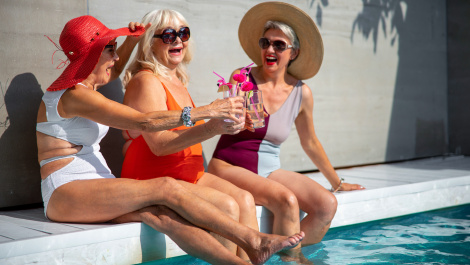
Comments